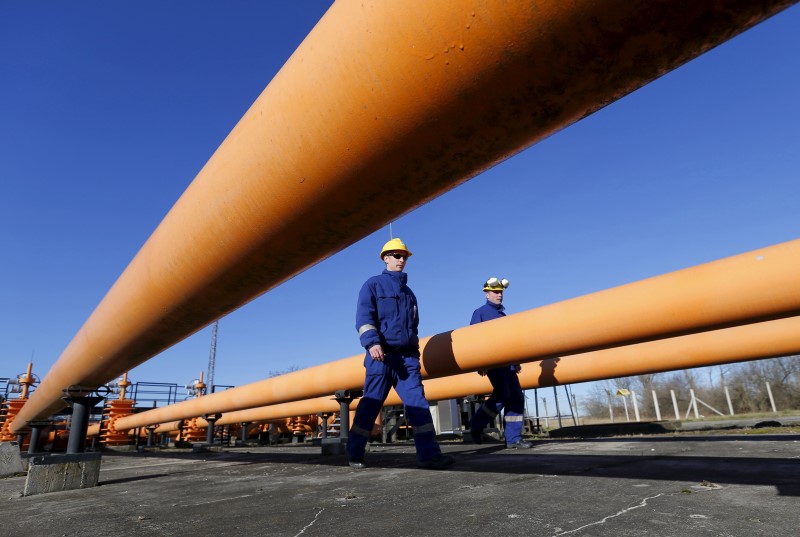S&P 500 slips, but losses kept in check as Nvidia climbs ahead of results
(Bloomberg) -- The conflict in Ukraine could knock $1 trillion off the value of the world economy and add 3% to global inflation this year by triggering another supply chain crisis, according to the U.K.’s National Institute for Economic and Social Research.
Supply problems will slow growth and drive up prices, reducing the level of global gross domestic product about 1 percentage point by 2023, the London-based researcher said. Europe’s ties to Russia and Ukraine, which are major sources of commodities and energy, leave it more exposed than any other region.
The war will also force European governments to borrow more to pay for an influx of migrants and strengthen their armies, NIESR added. It urged central banks to raise interest rates “only slowly while they assess the impact on confidence and activity of the war and its squeeze, through energy, on real incomes.”
“The conflict in Ukraine imposes further economic stress on a system stretched by Covid,” said Jagjit Chadha, director of NIESR. “Supply chains will be further fractured, and monetary and fiscal policies put under a severe examination.”
Russia will avoid a recession because the economic hit from sanctions will be “partly offset by higher prices for gas and oil exports.” However, GDP will be 2.6% lower than previously forecast by the end of 2023, with the collapse in the ruble driving inflation up to 20%.
The hit to Russian GDP is only marginally worse that the eurozone and the U.K., both of which will end 2023 with levels of GDP about 1.5% below previous predictions, according to the researcher. As growth slows the cost of living crisis will intensify, NIESR warned. U.K. inflation will average 7% this year and may slide to 4.4 % in 2023.
Should sanctions be escalated to cut off Russian natural gas and oil shipments, the hit to Russia would be “severe” but also increase the “the chances of recession accompanying significantly stronger inflation” in the EU. The bloc gets 40% of its gas from Russia.
©2022 Bloomberg L.P.
